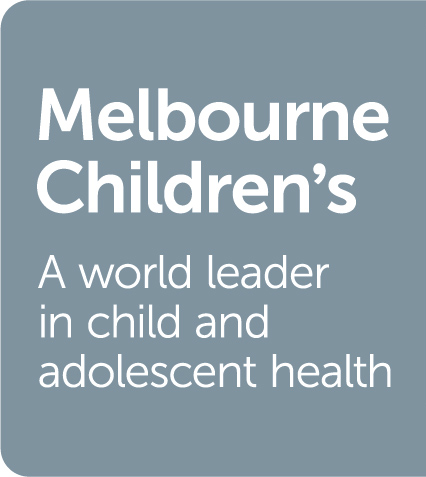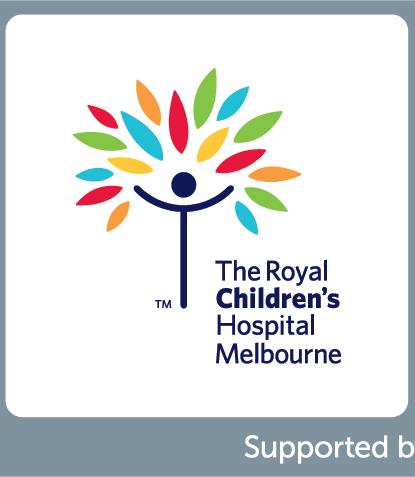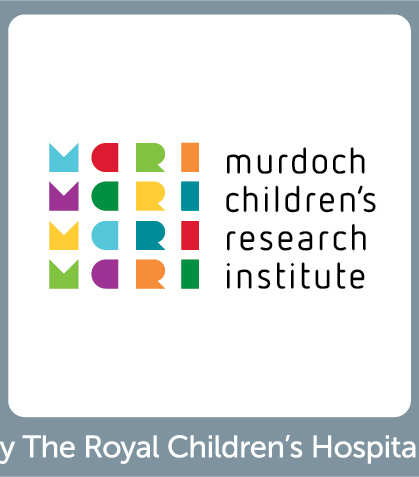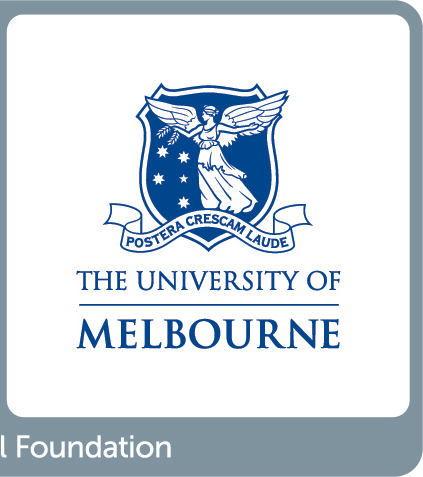May 2023: Improving care for children with anxiety

Improving care for children and young people experiencing anxiety
Anxiety is one of the most common mental health conditions. In Australia, one in 14 children and young people (4 -17 years) experience an anxiety disorder.
As part of the Children’s Campus Mental Health Strategy, we are aiming to improve the consistency and quality of care for children and young people experiencing common mental health conditions and concerns across the RCH.
This week, we launched an exciting new project to test out the introduction of routine patient reported outcome measures (PROMS) for anxiety symptoms and symptom impact. These outcome measures are completed by children and their parents/carers before each outpatient appointment.
Where possible, children and parents/carers will complete the measures via the RCH patient portal on their personal device prior to their appointment. Clinicians can then view the results in EPIC during the appointment and track changes in symptoms and their impacts on the child/young person over time.
Our team is working with two innovation clinics: the Development and Behaviour, and the Behaviour Clinics within the Centre for Community Child Health (CCCH), to best understand how to embed these outcome measures into practice.
We hope that this new way of working will assist clinicians to more effectively and efficiently identify if anxiety is a problem for a child/young person and/or if symptoms are improving or getting worse.
Seeing patient reported outcomes in real time will help to facilitate conversations about anxiety (a topic that can be difficult to raise) between clinicians, children/young people and their parents/carers.
This project has been a huge team effort. We are extremely grateful to all our expert advisors, families with lived and living experience, clinicians, desk staff and EMR colleagues who have collaborated with us.
We would particularly like to thank Professor Gehan Roberts, Director of Clinical Services at the CCCH, and his broader clinical and administrative team for their support, enthusiasm and openness to exploring this new way of working and for sharing their learning from the process.
We hope this will be useful to other RCH teams interested in introducing routine mental health outcome measures to improve child and adolescent care.
If you want to learn more about implementing mental health outcome measures, please visit our website or get in touch by contacting CMHS@mcri.edu.au
‘On behalf of the Developmental Paediatric team at the Centre for Community Child health, I'd like to express how excited we are to finally start this Measurement Based Care for Anxiety project. Many of the children, young people and families we see in our clinics have lived and living experience of anxiety. This project will allow them to easily and efficiently give us information on the symptoms and issues that matter to them, and will allow us to better understand the severity and impact of these issues and how these change over time. My thanks to the project team for their hard work and enthusiasm in getting us here.’ Gehan Roberts, Associate Director, The Centre for Community Child Health
‘Measurement based care is set to be one of the key components of modern mental health care. With this innovative project Melbourne Children’s Campus will be leading the way not just nationally bit internationally. This is something we can all be really proud about. Thank you to everyone for all the work you have put in to make it happen.’ Professor Dave Coghill, Child and Adolescent Psychiatrist and clinical lead for Childrens Campus Mental Health Strategy Consistent Quality Care initiatives.
‘As a parent with lived experience of a child facing significant challenges with generalised anxiety disorder, I was very interested to be involved in the Measurement Based Care project. During the project, we had many discussions and I always felt that the parent/family perspective was respected and appreciated. One of the things I thought was most important, was for the surveys not to be another burden or stressor on parents and families. I am really happy that the surveys are able to be completed electronically, a day or so before an appointment as I really think this will improve the quality and quantity of surveys completed.’ Kelle Reid, Lived Experience Expert and advisor for Childrens Campus Mental Health Strategy Consistent Quality Care initiatives.
Acknowledgement of Country



At Mental Health Central we acknowledge the traditional custodians of the land on which we live, gather and work. We recognise their continuing connection to land, water and community. We pay respect to Elders past, present and emerging.



